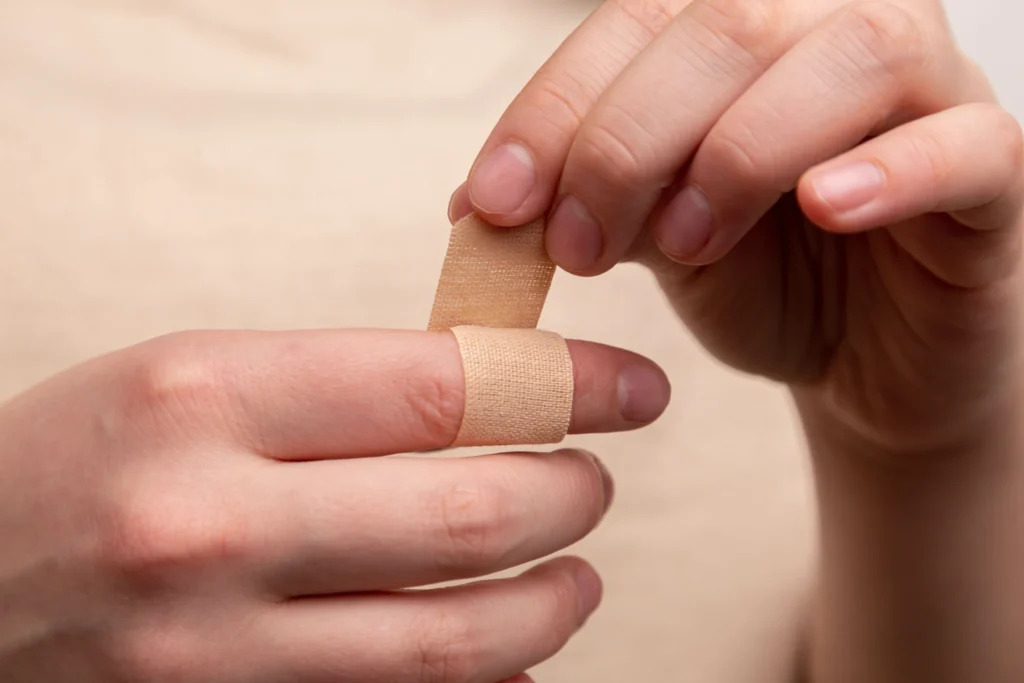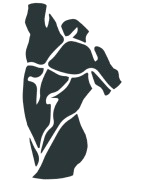The Link Between Mental Health and Physical Pain: Exploring the Impact

Your Brain Influences Your Pain
Have you ever considered that your thoughts, emotions, beliefs, memories, and mood can all have an impact on the aches and pains you suffer from? Well, they do. Very much so.
I could see 2 patients in clinic with a very similar injury (of course not 100% the same as everyone is unique but you get my gist), where one individual is suffering so much more than the other.
Why could this be?
A Super Quick Science Lesson
Pain science is a huge subject that still to this day isn’t fully understood. But let’s walk you through an example so that it’s a little more “bite-sized”.
Let’s say you burn your finger on the hob. Your finger will send a signal to areas in your brain to tell you “ouch, that hurt”. Along its journey, the signal passes through other areas in your brain which conceptualise and rationalise the meaning behind the pain, and what to do about it. This (hopefully) includes moving your finger away from the hob as quickly as possible, accompanied with how the pain is perceived.
For someone who perceives the pain as “bad” and “damaging”, research has shown that their pain perception (ie. The amount of pain they feel) will be much greater than someone who acknowledges the burn as “something that just happens”, or is say distracted by something else at the time (perhaps watching Netflix whilst cooking, I see you!).

The Role of Memory on Pain
I often hear in clinic “my mum suffers from x pain and I guess that’s why I do too”. This is another version of memory promoting pain signalling in the brain. If you had a parent who was debilitated for a period of your childhood, you are more likely to suffer from similar pains through a process called ‘intergenerational transmission’.
How About Thoughts & Emotions?
You may already know that individuals who have depression, anxiety, etc are more likely to suffer from chronic (ongoing) pain. The same is true in reverse.
But did you know that an individual who is positive and confident is more capable of dealing with pain? And someone with a negative mind state are much more sensitive? Stress can have the same impact too.
You may have experienced yourself; a tough period in your life came along with “all the baggage”, including an injury. That’s not bad luck. That’s the power of the brain.

So What Can Be Done?
Understanding the above is the first very important step. Secondly, it would be to witness your own thought patterns and beliefs.
What labels do you place on pain?
Do you see pain as “damage”?
Do you see tight muscle as “weakness”?
What labels do you place on yourself?
Do you see yourself as robust, or fragile?
Is pain something that happens in life, or is it something that stops life in its tracks?
Did a parent suffer from ongoing pain when you were a child?
What was the language around injuries growing up?
If you were in pain as a child, were you treated with more kindness and attention?
You may be surprised with what you find when asking yourself these questions. *
Observe your thought patterns, and then attempt to change the status quo. Challenge them. Is pain damage, or just a sensation? Is muscle weak if it’s tight, or could it be strong? If you see yourself as fragile, what evidence do you have to support that? Is there any evidence that you are in fact stronger than you think? If a parent suffered from pain, does it make sense that you have to too?
Conclusion
*DISCLAIMER: there are of course many injuries and conditions where pain is all-encompassing and perhaps even life threatening. I am not belittling these in anyway, and I hope my good intentions are evident within this article. I am purely referring to the common musculoskeletal injuries I see in clinic.


